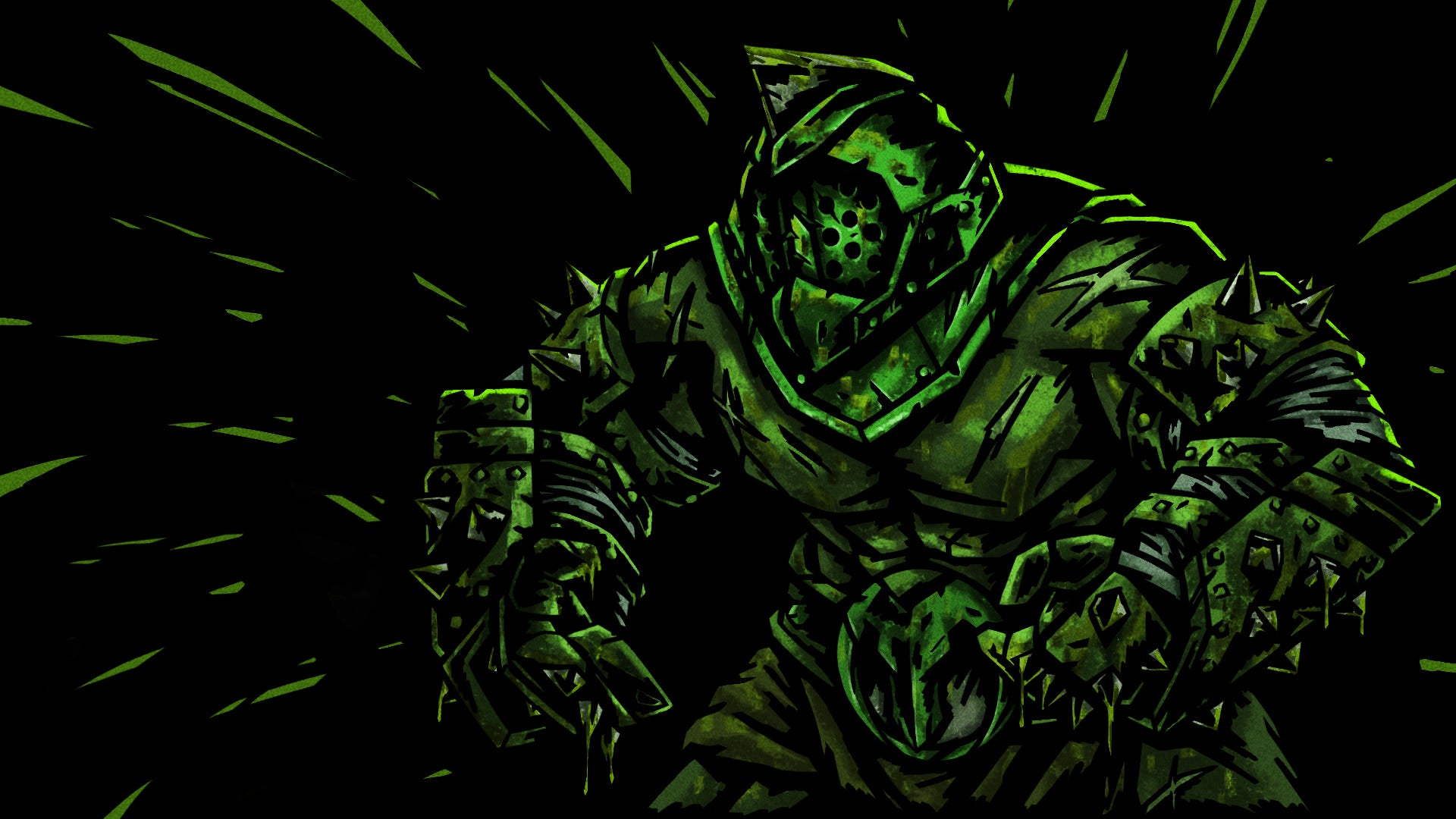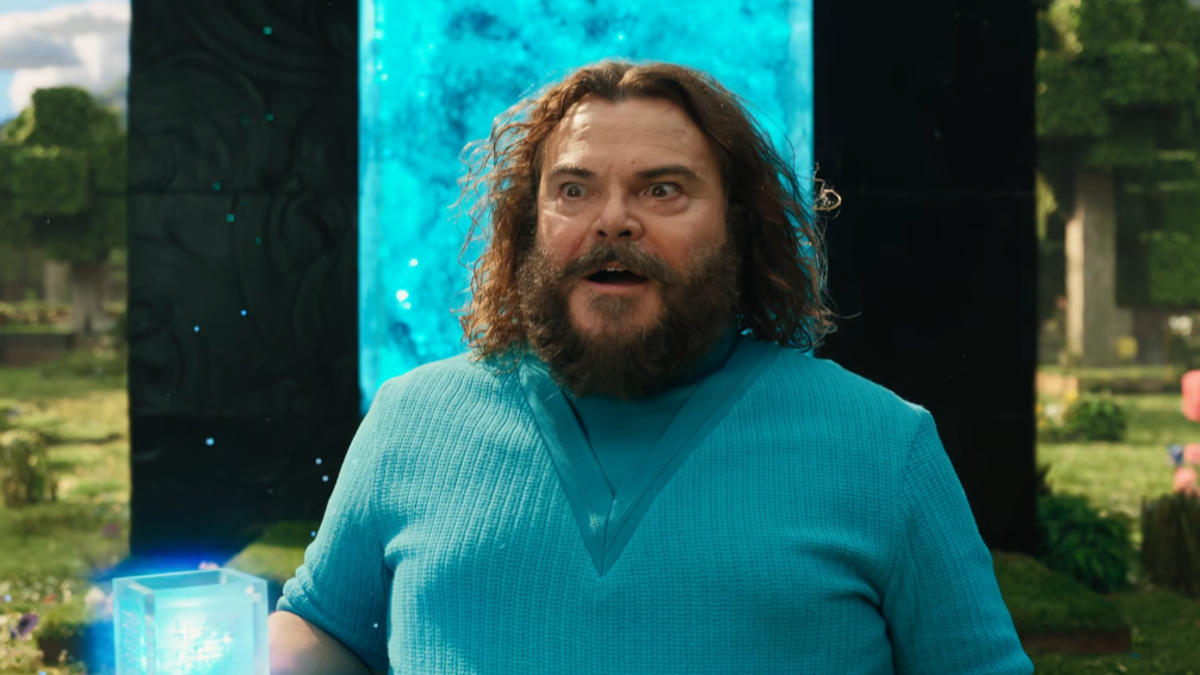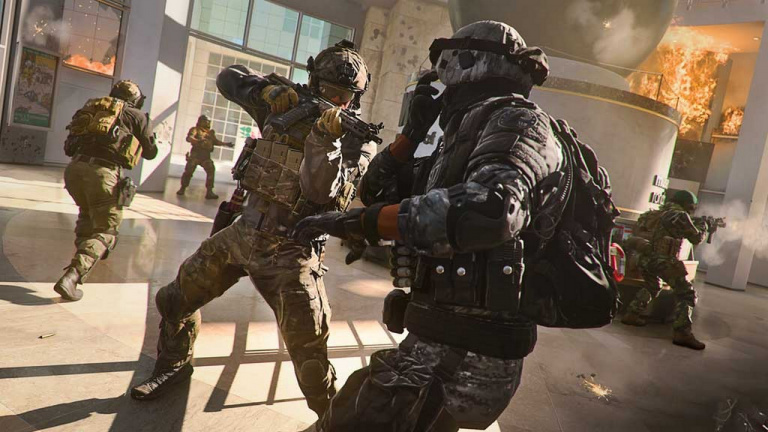Often, video games ignore very simple and very real parts of the hero experience. If you are a decorated soldier who has ventured into the wild on many conquests and expeditions, you don’t always come home happy, smiling, with a clear conscience and carefree. Guilt, shame and trauma build up.this is something darkest dungeon The developers at Red Hook Studios know it and don’t just acknowledge it, but make it the game’s core ego.
At its core, Darkest Dungeon is an RPG where you control a roster of heroes tasked with clearing evil from their hometown graveyards, castles, and swamps. You operate as a hamlet in the center–a center that you can upgrade and flesh out as your grizzled heroes liberate more lands. So far so standard? Not that much.
iGamesNews
Perhaps the most unique part of Darkest Dungeon comes from the pain system; a novel way of representing stress, trauma, psychological damage. If you send your party of heroes into the depths of some unknown dungeon without food or light, or if they witness the death or injury of a companion in combat, or suffer damage from an evil enemy, they will take mental damage – and (Just like in real life) The results of stress and anxiety can be costly.
If your characters become and remain under stress, it starts to have an extreme and unpredictable detrimental effect on them. They may become too scared to fight, and it’s their turn to babble nonsense in the dark instead of raising their blades to cut down on their enemies. In extreme cases, your character could suffer a cardiac event and die in place – not by some fetid reanimated corpse, but by their own heart collapsing under the weight of the horror they experienced.
Having to juggle a hero’s mental health – and their gear, experience, health, and moves, just like you would in other RPGs – feels very natural in Darkest Dungeon, and the quest fits the grim, dark style of the world perfectly .Forcing your crew to lounge around a campfire and cook their food to lower their stress levels, or direct them to relax at a local tavern before heading back to that haunted castle…it illuminates what we don’t The quest hero tropes are often seen in the delightful power fantasy settings of most video games. Imagine if we had to do the same thing in Dark Souls; we would never leave the safety of a campfire!
Add to that permadeath–if your archer suffers a heart attack because she saw your priest slaughtered by a mob of rabid religious fanatics, she’ll die–and you get a truly fascinating and unique take on the roguelike genre. Given that the pain system was inspired by traumatized heroes (think Hudson in Alien, or the soldier transformed by the horrors of battle in Band of Brothers), you can see Darkest Dungeon creator, director Chris Bourassa and chief What designer Tyler Sigman wanted to do with this game: It was a playable version of Episode VII of Band of Brothers — a soldier watches his friend die from a shell explosion, stares dumbfounded at the event, and then becomes Can no longer fight. That’s exactly what the developers wanted to convey, and that’s exactly what they achieved.
The two creative directors wanted to play with the power of classic fantasy RPGs like The Bard’s Tale, Eye of the Beholder, and Hell Genesis, but with a decidedly more human touch…and I think they succeeded. It’s a game that truly adds a semi-random element of human emotion to the mix of classic RPGs, and the result is something like no other – a fascinating concept if you’re into the genre.
If you’re looking for a new game that’s tough, punishing, and engaging, you’re probably going to do a lot less than this 2016 hit. Just try not to get too nervous.










